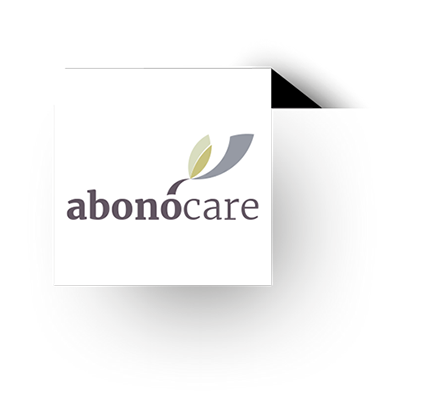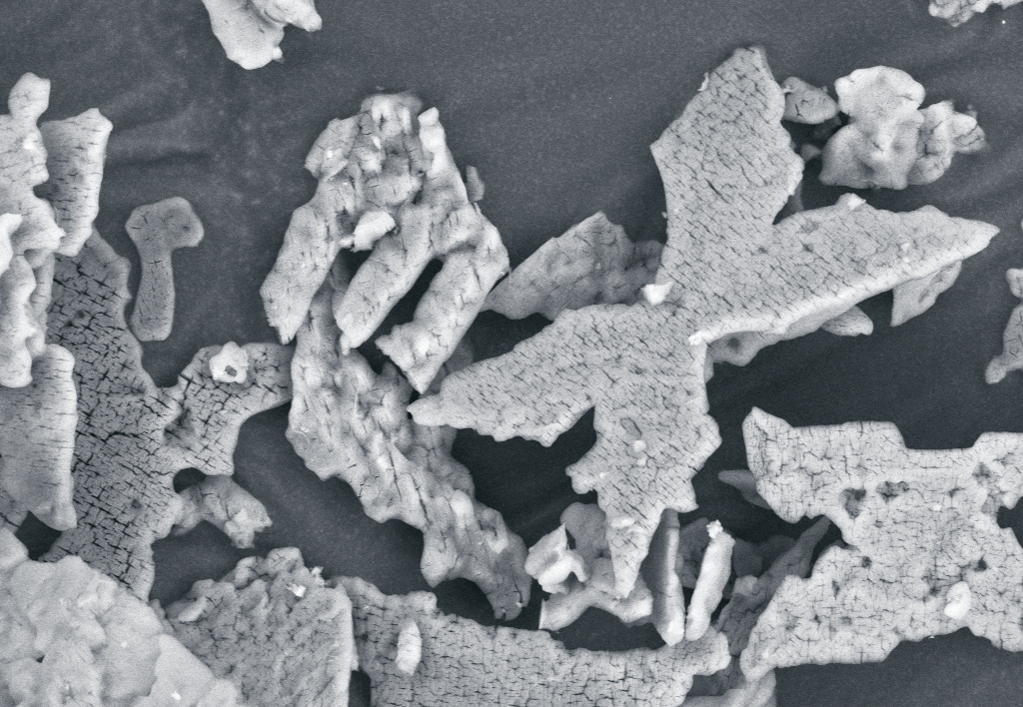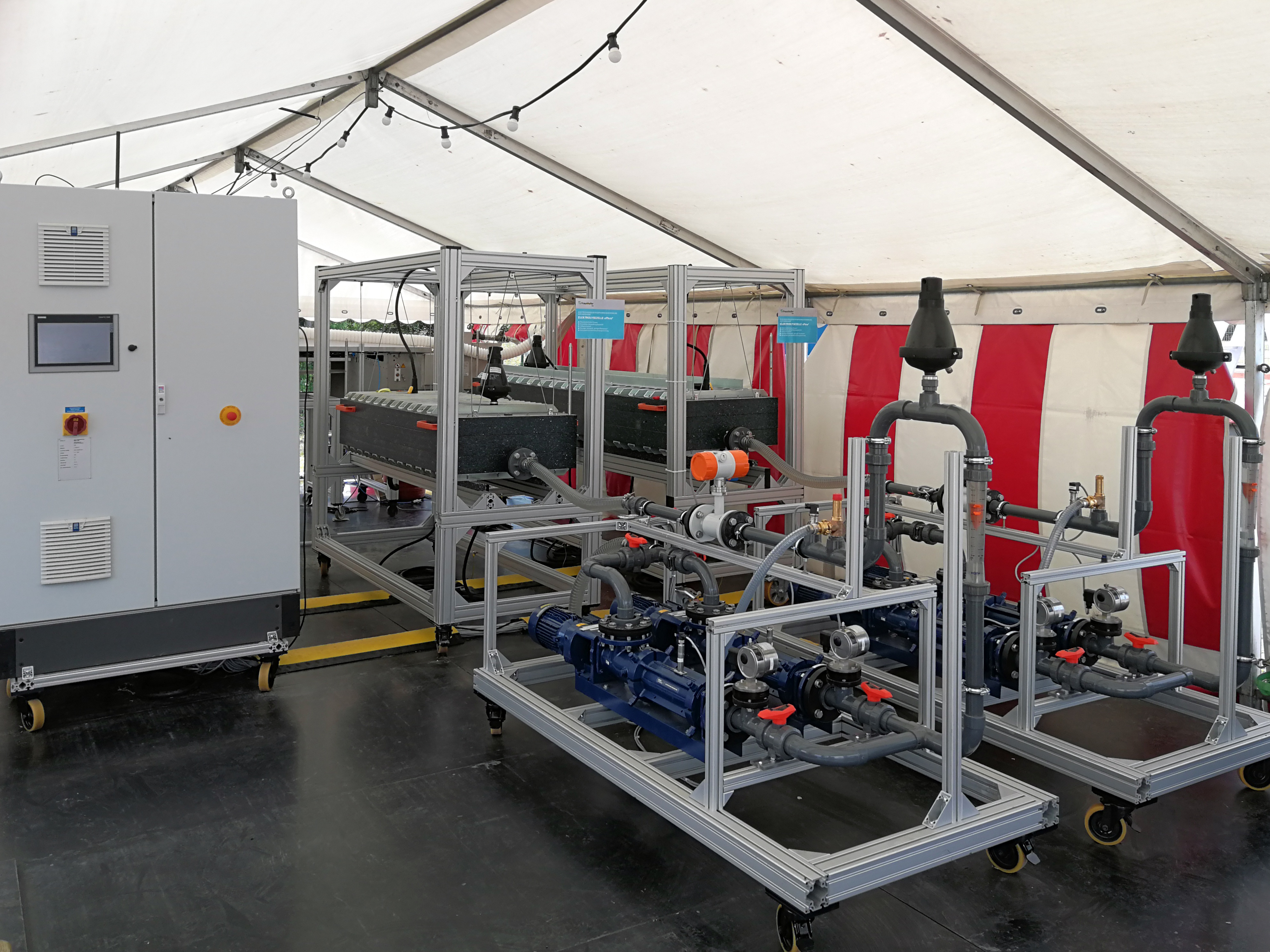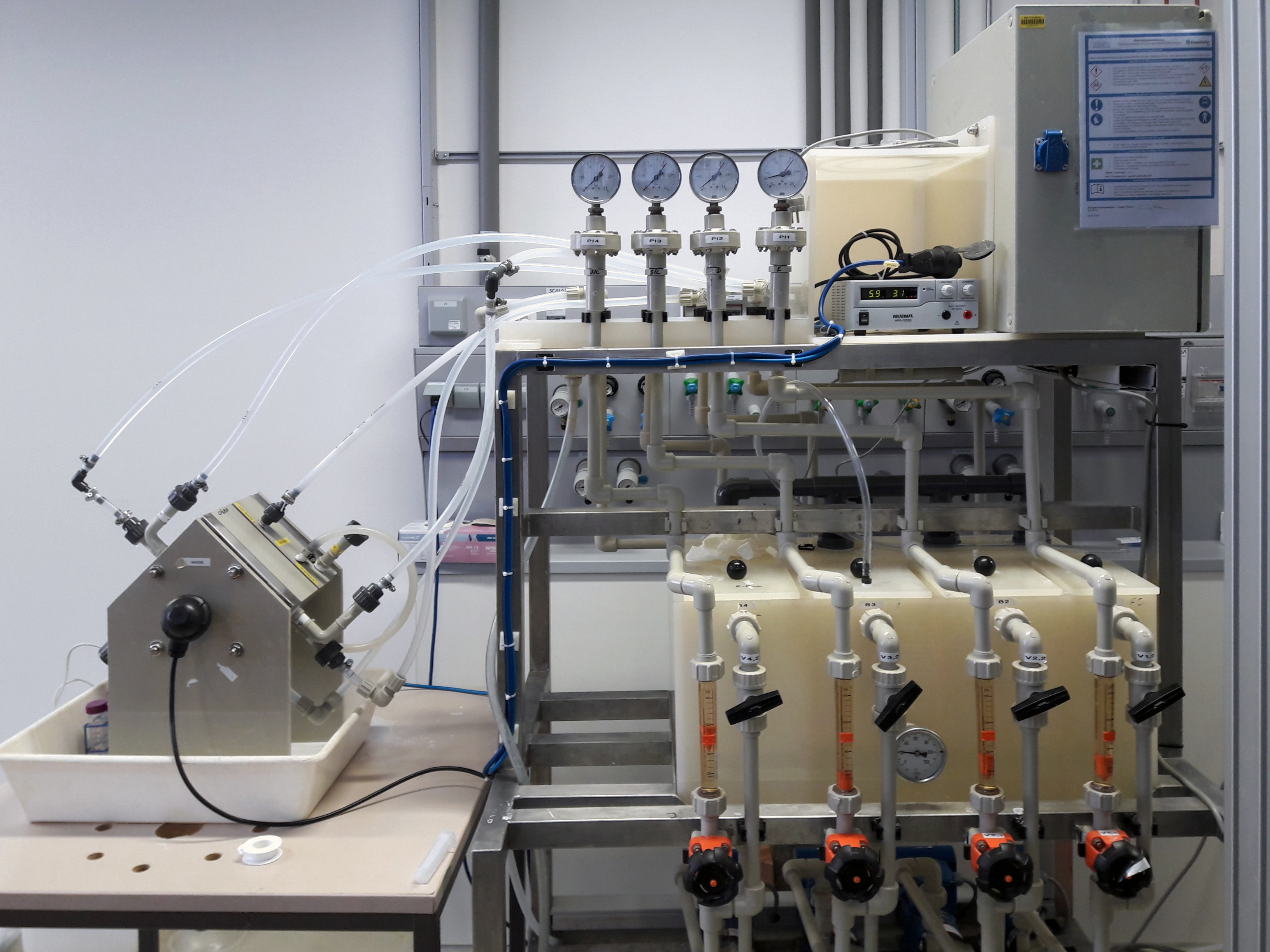Challenge
Agriculture requires significant amounts of nitrogen and phosphorus to ensure long-term nutrition and yields. Until now, mineral fertilizers containing these nutrients have mostly been produced chemically or extracted from mines, processed and transported on a global scale: an energy- and cost-intensive production route. At the same time, large quantities of nutrients accumulate during wastewater treatment, animal husbandry or in biogas plants. As sewage sludge, liquid manure, dung or fermentation products, they cause significant environmental problems due to their local concentration.
Goals
In order to recover nutrients from organic residues for agriculture and to reduce the negative environmental impact, a consortium of companies and research institutes is developing appropriate technologies in the abonocare® joint project. The aim is to develop economically viable value chains for nutrient recycling from organic residues and to be able to offer sustainable high-performance fertilizer products.
Solution
For this purpose, a membrane contactor process developed at Fraunhofer IKTS is combined with the superheated steam drying (SHS) process developed at Fraunhofer IGB to remove nitrogen from gaseous and liquid media in situ.
In addition, an electrochemical process for nutrient recovery from digestion residues or wastewater is being developed at Fraunhofer IGB by combining the electrochemical ePhos® process with electrochemical separation processes, such as electrodialysis. Electrodialysis can be either used to increase the phosphate concentration for the subsequent ePhos® process – as planned here in the abonocare® pilot plant – or be operated downstream of the ePhos® process to concentrate residual nitrogen and potassium salts into a liquid fertilizer.
In the current work, these processes are integrated into a demonstrator together with the biogas production process with percolation (partner GICON) and a partial denitrification process (Faserplus process) developed by the partner GNS.

 Fraunhofer Institute for Interfacial Engineering and Biotechnology IGB
Fraunhofer Institute for Interfacial Engineering and Biotechnology IGB


